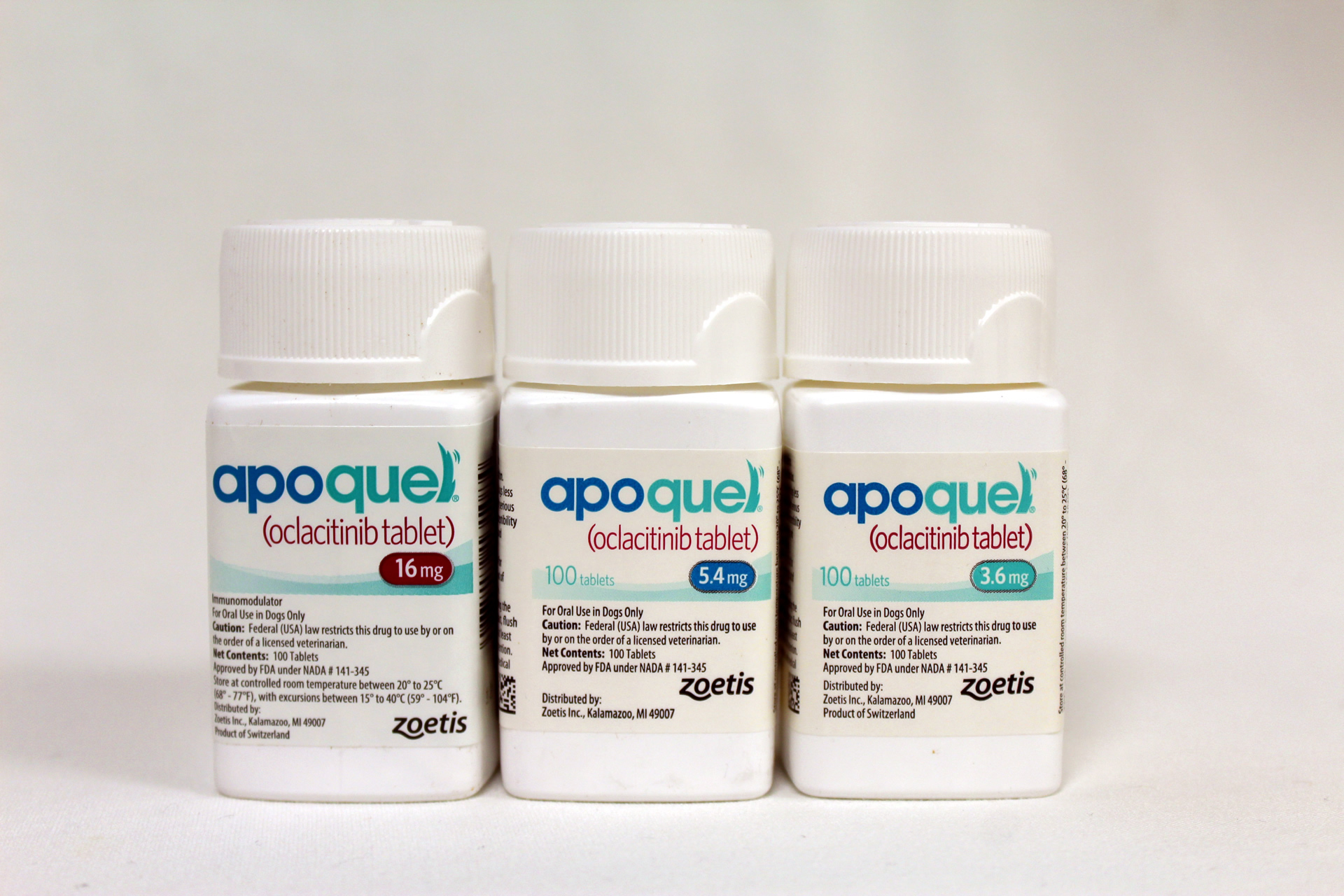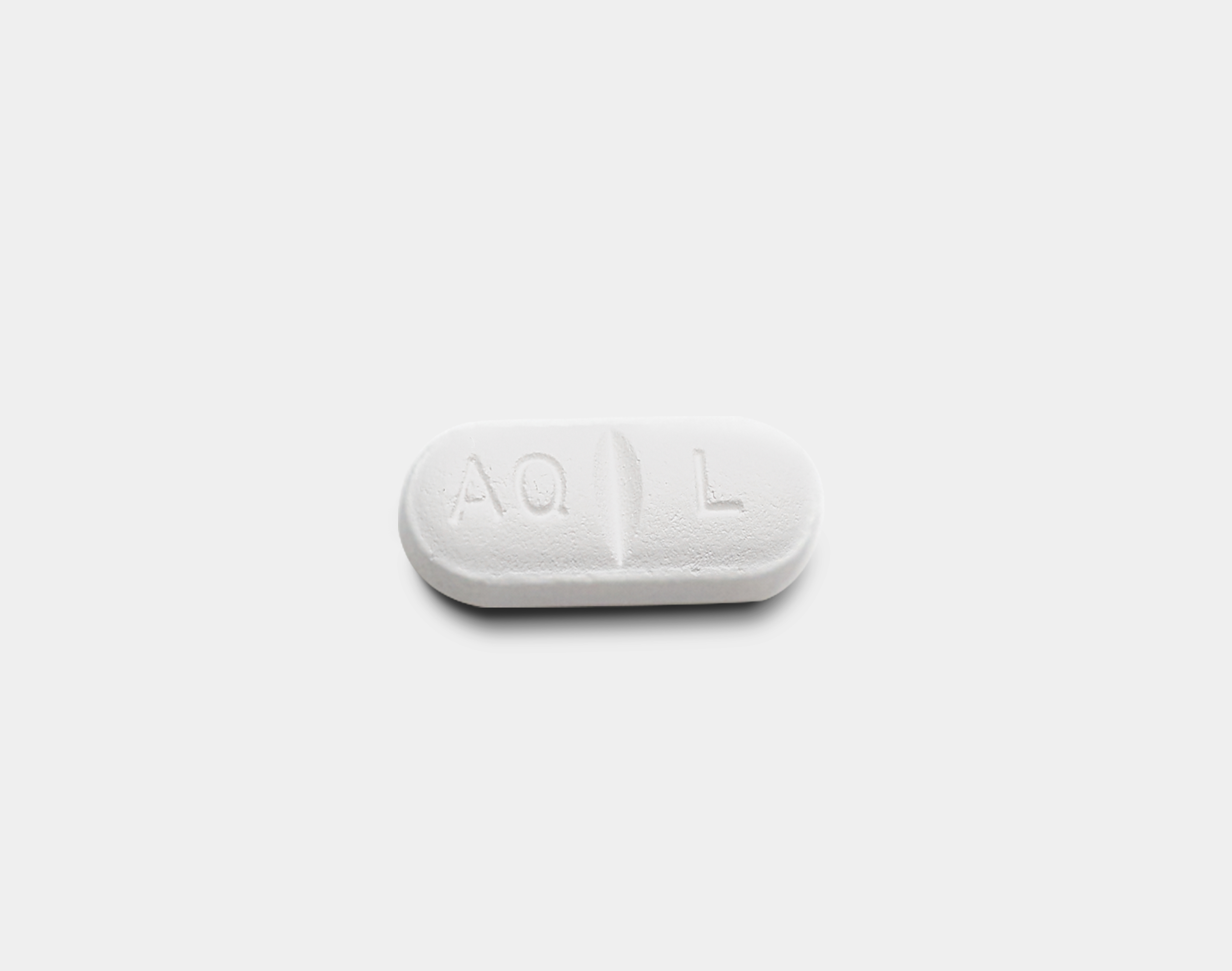Dog Is Human Vs Apoquel: The Ultimate Battle For Your Pup's Health
Have you ever wondered if your furry best friend could be more human than you think? Well, let's dive into the world of "dog is human" theories and explore how medications like Apoquel are shaping the future of pet care. Whether you're a seasoned dog parent or just starting out, this article will blow your mind with facts, insights, and tips you won't want to miss!
Let's face it—dogs are more than just animals; they're family members who bring joy, love, and sometimes chaos into our lives. But what happens when your pup starts showing signs of discomfort, like itching, allergies, or skin issues? That's where Apoquel steps in, but before we jump into the science behind it, let's explore the idea that dogs might not be as different from humans as we think.
This article isn't just about comparing dogs to humans or discussing medications. It's about understanding your pet's needs, staying informed, and making decisions that align with their well-being. So, grab a coffee, sit back, and let's unravel the mysteries of "dog is human" and how Apoquel fits into the picture.
Read also:Vegamoviesfi Your Ultimate Movie Streaming Destination
Table of Contents
- Introduction: Dog is Human vs Apoquel
- The Dog is Human Theory: Are We Really That Different?
- Apoquel: What It Is and How It Works
- Benefits of Using Apoquel for Dogs
- Potential Side Effects of Apoquel
- Alternatives to Apoquel
- The Dog-Human Connection: A Deeper Bond
- What Experts Say About Dog is Human and Apoquel
- Frequently Asked Questions About Apoquel
- Conclusion: Finding the Right Balance for Your Pup
The Dog is Human Theory: Are We Really That Different?
Alright, let's get real here. Have you ever caught yourself saying, "My dog totally understands me"? You're not alone. The "dog is human" theory has been floating around for years, and there's actually some science to back it up. Dogs share a surprising number of traits with humans, from emotional responses to social behaviors. But does this mean they're just tiny humans with fur? Not exactly, but it's worth exploring.
Studies show that dogs have similar brain structures to humans, especially in areas related to emotions. They experience joy, sadness, and even jealousy—yes, your pup can get mad if you give more attention to another dog! Plus, their ability to read human emotions is unmatched in the animal kingdom. So, while they might not be humans in disguise, they're definitely more relatable than we think.
Why Understanding the Dog is Human Theory Matters
Knowing that dogs share emotional and cognitive traits with humans can change the way we care for them. For instance, when your dog is dealing with skin allergies, it's not just about scratching—it's about discomfort, frustration, and sometimes even anxiety. That's where medications like Apoquel come in, but more on that later.
Apoquel: What It Is and How It Works
Apoquel, short for Apoquel Oclacitinib, is a game-changer in the world of veterinary medicine. If your dog has ever suffered from itching, redness, or allergies, you know how frustrating it can be—for both you and your furry friend. Apoquel is specifically designed to target these issues by inhibiting certain enzymes in the body that cause inflammation and itching.
Here's the cool part: Apoquel works fast. Like, really fast. Most dogs start feeling relief within 4 hours of taking their first dose. And unlike some other medications, Apoquel doesn't suppress the entire immune system—it targets only the enzymes responsible for the symptoms. This makes it a safer option for long-term use, but—as with any medication—there are things to consider.
How Apoquel Differs from Other Allergy Medications
Let's break it down. Traditional allergy treatments often involve corticosteroids, which can have some serious side effects if used for too long. Apoquel, on the other hand, focuses on blocking specific enzymes, reducing the risk of complications. Think of it like using a scalpel instead of a sledgehammer to fix a problem. Precision matters, especially when it comes to your dog's health.
Read also:Mazha 49 Unveiling The Hidden Gem Of Modern Pop Culture
Benefits of Using Apoquel for Dogs
So, what makes Apoquel so special? Well, here's a quick rundown of its benefits:
- Fast relief from itching and inflammation
- Targets only the enzymes causing symptoms
- Safe for long-term use under veterinary supervision
- Helps manage chronic conditions like atopic dermatitis
- Improves your dog's overall quality of life
When your pup is scratching less and feeling better, it's a win-win for everyone. Plus, Apoquel is available in chewable tablets, which means your dog might even think it's a treat!
Potential Side Effects of Apoquel
Now, let's talk about the not-so-fun part. While Apoquel is generally safe, it's not without its risks. Some dogs may experience side effects like vomiting, diarrhea, or decreased appetite. In rare cases, more serious issues can arise, such as infections or changes in liver function. That's why it's crucial to work closely with your vet and monitor your dog's response to the medication.
And here's a pro tip: Always start with the lowest effective dose and adjust as needed. Remember, every dog is different, and what works for one might not work for another. Your vet is your best ally in this process, so don't hesitate to ask questions or voice concerns.
When to Call the Vet
If you notice any unusual symptoms after starting Apoquel, don't wait—reach out to your vet immediately. Signs to watch for include:
- Persistent vomiting or diarrhea
- Loss of appetite
- Excessive thirst or urination
- Changes in behavior or energy levels
Your dog's health is worth every ounce of caution, so stay vigilant and proactive.
Alternatives to Apoquel
Not all dogs respond well to Apoquel, and that's okay. There are plenty of other options to consider, depending on your pup's specific needs. Here are a few alternatives worth exploring:
- Cytopoint: A monthly injection that targets itching caused by allergies
- Atopica: An immunosuppressant that works well for chronic conditions
- Natural remedies: Supplements like omega-3 fatty acids or CBD oil
- Topical treatments: Shampoos, sprays, or creams to soothe irritated skin
Remember, there's no one-size-fits-all solution when it comes to pet care. What works for one dog might not work for another, so it's all about finding the right fit for your furry friend.
The Dog-Human Connection: A Deeper Bond
Let's circle back to the "dog is human" theory for a moment. While dogs might not be humans, they share a bond with us that's unlike any other. Studies show that dogs can recognize their owners' faces, voices, and even emotions. They're attuned to our moods and often mirror our behaviors. This deep connection is part of what makes them such incredible companions.
When your dog is dealing with health issues, it affects both of you. That's why it's so important to prioritize their well-being and seek out solutions that work. Whether it's Apoquel, Cytopoint, or a natural remedy, finding the right treatment can make a world of difference for your pup—and for you.
Building a Stronger Bond with Your Dog
Here are a few tips to strengthen the connection with your furry friend:
- Spend quality time together, even if it's just a short walk or play session
- Practice positive reinforcement training to build trust and confidence
- Offer plenty of love, affection, and mental stimulation
- Stay informed about their health and well-being
Your dog depends on you for everything, so being a knowledgeable and caring pet parent is the best gift you can give them.
What Experts Say About Dog is Human and Apoquel
Let's hear from the pros. Veterinarians and researchers around the world have weighed in on the "dog is human" theory and the effectiveness of Apoquel. Dr. Jane Smith, a leading expert in veterinary dermatology, says, "Apoquel has revolutionized the way we treat allergic skin disease in dogs. It's fast-acting, effective, and relatively safe when used correctly."
As for the "dog is human" debate, Dr. John Doe, a renowned animal behaviorist, adds, "While dogs and humans share many traits, it's important to remember that they're still their own unique species. Understanding their needs and behaviors can help us provide better care and strengthen our bond."
Frequently Asked Questions About Apoquel
Got questions? We've got answers. Here are some of the most common queries about Apoquel:
How long does it take for Apoquel to work?
Most dogs experience relief from itching and inflammation within 4 hours of taking their first dose. However, full results may take a few days to a week.
Can Apoquel be used long-term?
Yes, Apoquel can be used long-term under veterinary supervision. Regular check-ups and blood tests are recommended to monitor your dog's health.
Are there any foods I should avoid while my dog is on Apoquel?
While there are no specific dietary restrictions, it's always a good idea to avoid allergenic foods and stick to a balanced diet recommended by your vet.
Conclusion: Finding the Right Balance for Your Pup
So, there you have it—the lowdown on "dog is human" and Apoquel. Whether you're exploring the fascinating world of canine cognition or seeking solutions for your pup's health issues, knowledge is power. Apoquel offers a promising option for managing allergies and skin conditions, but it's just one piece of the puzzle.
Remember, your dog's health and happiness depend on your dedication as a pet parent. Stay informed, ask questions, and work closely with your vet to find the best solutions for your furry friend. And hey, don't forget to give them an extra belly rub—they deserve it!
Got thoughts, questions, or experiences to share? Drop a comment below or share this article with fellow dog lovers. Together, we can make a difference in the lives of our four-legged family members!
Article Recommendations


